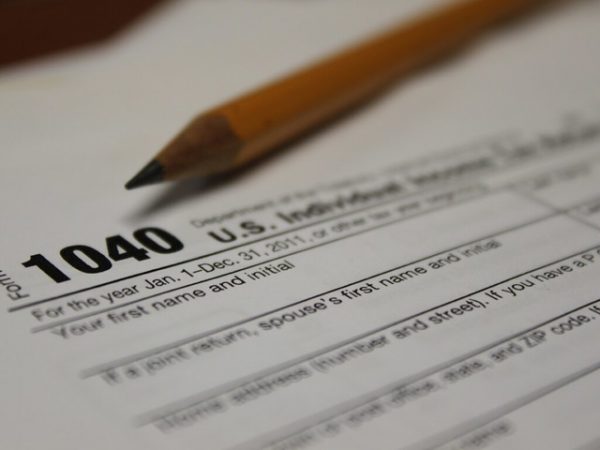Ben Franklin famously quipped that nothing in life is certain except death and taxes. However, sociologists would add that the burden of taxation (and mortality, for that matter) is not evenly distributed across members of society. This tax season we examine the research on who pays how much to Uncle Sam.
Taxation is such a divisive political issue because it is partially driven by ideology, not just fiscal needs. The sociological perspective on taxation highlights non-economic causes and consequences of tax policy. Taxation is more than just the state’s way of generating revenue. It is also a powerful tool for social control. For example, policies have been written to both encourage and discourage wives’ labor force participation depending on the needs and values of the state in different countries and periods. By restricting the political activity of non-profit organizations, tax laws can also repress some social causes, while encouraging others.
- John L. Campbell. 1993. “The State and Fiscal Sociology.” Annual Review of Sociology 19: 163-185.
- Jennifer Earl. 2003. “Tanks, Tear Gas, and Taxes: Toward a Theory of Movement Repression.” Sociological Theory 21(1): 44-68.
Another function of the tax system is resource redistribution. Progressive tax policies can directly impact after-tax income distribution by taking more money from high-income earners than low-income earners. They can also indirectly affect pre-tax income inequality if taxes pay for programs that increase the earning-potential of less-advantaged people. However, in recent decades, declining tax rates on the rich have put more money in the pockets of the top 1%. Meanwhile, cities are finding creative ways of extracting tax revenue from people who struggle to pay. When residents cannot pay, for example, predatory investors buy their tax debt from the city. Investors can take the house if property owners cannot pay them back at a high interest rate. These policies force poor, non-white urban residents to shoulder an uneven tax burden, and have worsened class and racial inequalities in the United States.
- Thomas W. Volscho and Nathan J. Kelly. 2012. “The Rise of the Super-Rich: Power Resources, Taxes, Financial Markets, and the Dynamics of the Top 1 Percent, 1949 to 2008.” American Sociological Review 77(5): 679-699.
- Andrew W. Kahrl. 2017. “Investing in Distress: Tax Delinquency and Predatory Tax Buying in Urban America.” Critical Sociology 43(2): 199-219.
Social factors shape individuals’ willingness to pay taxes. An international survey showed that people are less likely to evade taxes if they believe the government is competent and if tax revenue primarily funds popular programs. This helps explains why some countries are better able to collect taxes than others. In the United States, changing demographics predict changing attitudes about taxation. In a survey experiment, white Americans were less likely to support a tax increase if they were told that an influx of Latinx (compared to white) migrants entered their community. This was driven by declines in feelings of social solidarity. These studies show that whether people pay taxes is influenced by whether they consider public spending to be legitimate.
- Fred Pampel, Giulia Andrighetto, and Sven Steinmo. 2019. “How Institutions and Attitudes Shape Tax Compliance: A Cross-National Experiment and Survey.” Social Forces 97(3): 1337-1364.
- Rourke L. O’Brien. 2017. “Redistribution and the New Fiscal Sociology: Race and the Progressivity of State and Local Taxes.” American Journal of Sociology 122(4): 1015-1049.
Filing your taxes is a good annual reminder that taxation does not just fund the government; it can reshape society.


Comments